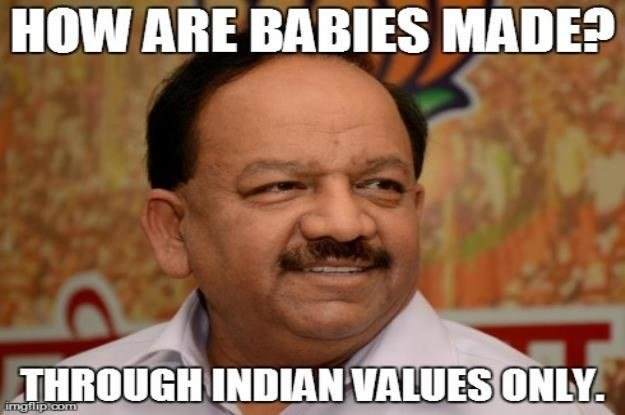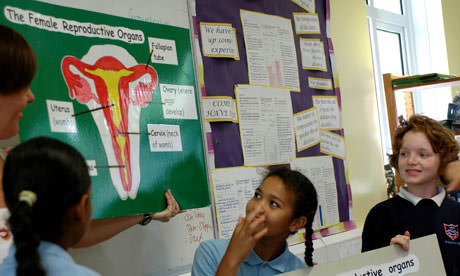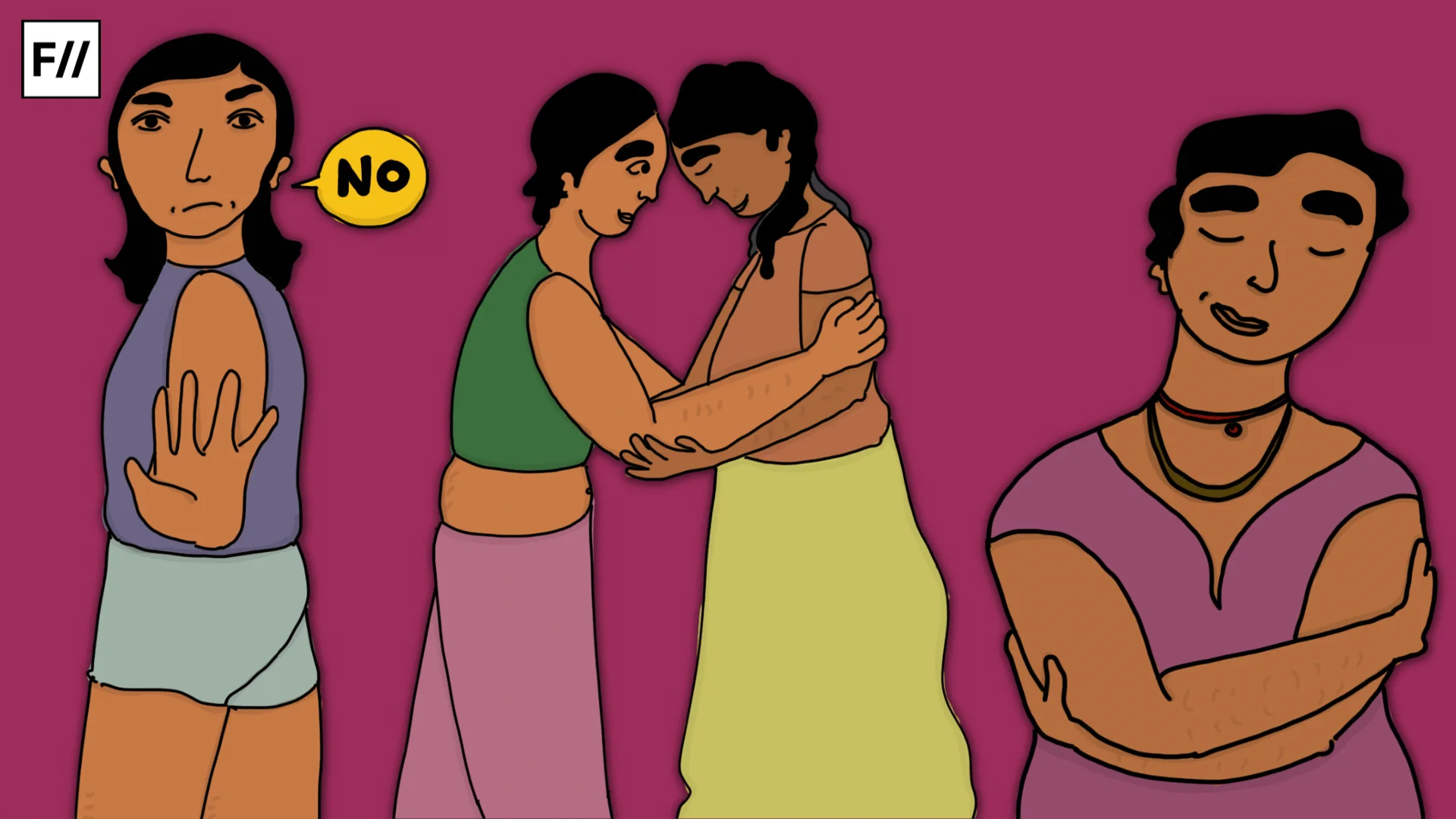The need for sexuality education has been a contentious topic, certainly at least by Indian standards. People are divided in their opinion. They range right from whether sexuality education ought to be included as part of the school curriculum to if it is actually required at all. The real reasons which lie behind this ostensible discord needs to be delved into.
One is that adolescents will get promiscuous
The argument that promiscuity ought to be avoided is in itself a puerile social construct that needs deliverance. Granted, the right to sexual expression needs to be guided by appropriate age guidelines. But, what one needs to develop is the ability to see the bigger picture. Sex is highly inclusive as a topic. However in India, the topic is very ill-defined: it is often vague and obscure. Yes, it does deal with talking about the act of sex, pleasure, establishing personal boundaries and consent. But sexuality education also includes (or at least should) discussions and deliberations on what is heterosexuality, homosexuality, transgender and transsexuals, sexism, misogyny, misandry and sexual and reproductive health . The positive effect that such comprehensive sexuality education (CSE) will bring into the lives of the queer-marginalized-subjugated population cannot be negated.
According to a study undertaken by the Guttmacher Institute, New York, it has been now been proven that through sexuality education, efficacy could be achieved in delaying the onset of sexual activity and curtailing unplanned pregnancies. But religious, conservative and fundamental dogmas are compromising the Indian scenario. The recommendation by (Union Health Minister) Dr. Harsh Vardhan that sex education needs to be banned as it is ‘vulgar’ and is the basic reason behind the sexual abuse and assault, is proof enough of the same.

Credit: Buzzfeed.com
This firm resistance to educate, leads the pubescent mind to discern information from dubious sources, misinformed peers/books and pornography which, in turn leads to patriarchal notions (masquerading as sycophancy) getting firmly instilled. The causation would be acts such as marital rape, bestiality, pedophilia and molestation (and the lack of expression of indictment) that smacks of disquiet and forebode.
The teachers who deliver should be able to transcend and circumvent feelings of discomfit associated with the topic of ‘sex education’ if any. The people who have the power to positively influence should not let themselves to get incapacitated due to their attitudes. However, this does not mean that parents are absolved of their responsibility in addressing the topic. Any difficulty faced points out that those who should be in a position to disseminate the information might be lacking the knowledge, skill or maturity to do so. Necessary training or desensitization workshops should be provided/taken up to prevent such inefficiency.
Sexuality education’s relevance does not reduce with increase in age, contrary to popular opinion. The importance of addressing it with due vigilance is all the more necessary. It will lead to safe sex, recognition of birth, sexual and reproductive rights and reduction in inhibitions as well as sexually transmitted infections (STI).

Credit: Sextherapy-mysore.com
I am going to conclude with a sage quote of Shilpa Phadke,
“Knowledge never corrupts. Rather, it is the misuse of knowledge that can corrupt.”
Exercising sexual agency is the innate right, nay nature of every human being. It is only lack of knowledge that exemplifies aspects of the existing patriarchal hegemony, which in turn results in certain structural and symbolic inequalities between women and men. Any feelings of shame, silence and secrecy associated with sex are due to it being inextricably intertwined with the social construct that is non-egalitarian in nature.Thus there is a glaring need for a comprehensive sexuality education to be unearthed from under the carpet where it is shoved and enunciated for the betterment of all.
Featured Image Credit: Farzana Cooper/ Indiatogether.org
About the author(s)
Passionate Feminist. Straight ally. Doodler. Believes purpose of one's life should be larger than self. Social Work Student.



